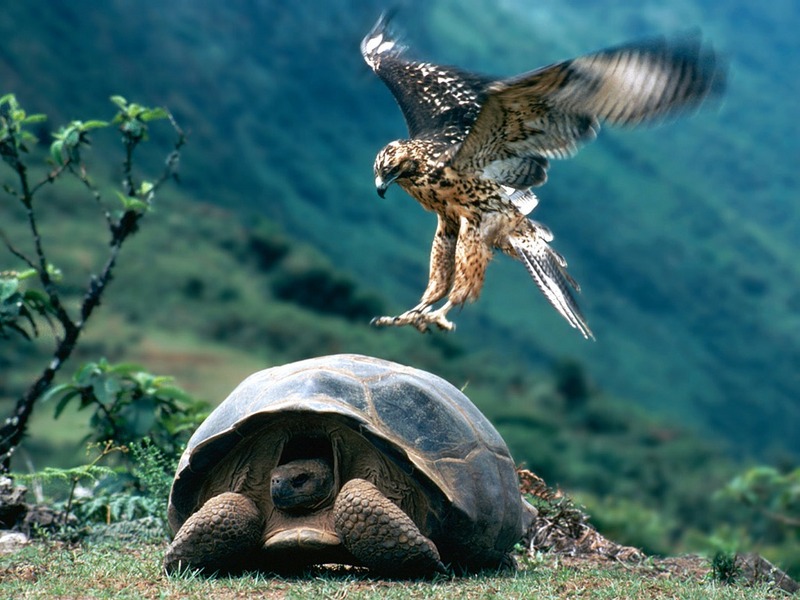|
| Query: bird | Result: 8453rd of 32685 | |
Screen Themes - Birds of Prey - Galapagos Hawk & Giant Turtle
| Subject: | Screen Themes - Birds of Prey - Galapagos Hawk & Giant Turtle
| | Poster: | phoby (phoby@hanafos.com)
| |

| Resolution: 1152x864
File Size: 232917 Bytes
Upload Date: 2005:01:15 00:09:17
|
ERROR : Server Busy(-1105)
ERROR : Server Busy(-1105)
Screen Themes - Birds of Prey - Galapagos Hawk & Giant Turtle
Not my photo, from a usenet newsgroup. |
^o^
Animal Pictures Archive for smart phones
^o^
|
|